Publications
Articles, publications, books, tools and multimedia features from the U.S. Institute of Peace provide the latest news, analysis, research findings, practitioner guides and reports, all related to the conflict zones and issues that are at the center of the Institute’s work to prevent and reduce violent conflict.
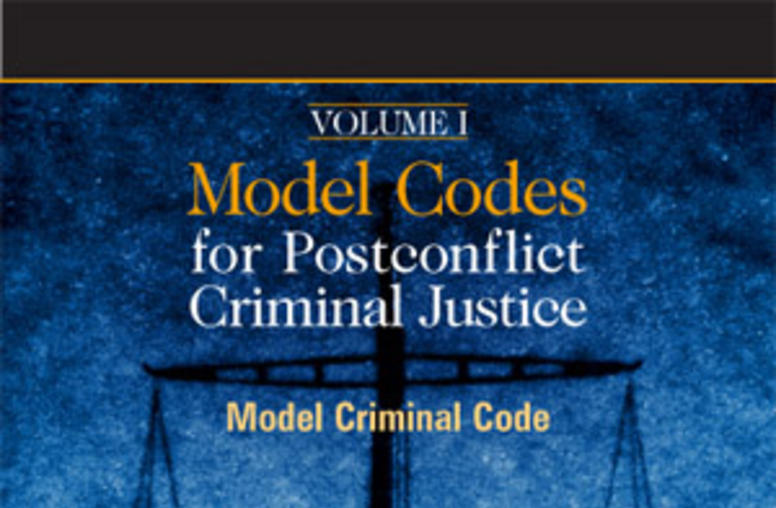
Model Codes for Post-Conflict Justice
Model Codes for Post-Conflict Justice is an invaluable tool for both international and national actors involved in reforming criminal laws in societies emerging from conflict. Drawing on many of the best legal systems worldwide, it is designed to help ensure laws meet international standards, while realistically responding to the exigencies and needs of local post-conflict environments. The volumes includes a Model Criminal Code, Model Code of Criminal Procedure, Model Detention Act, and Mode...
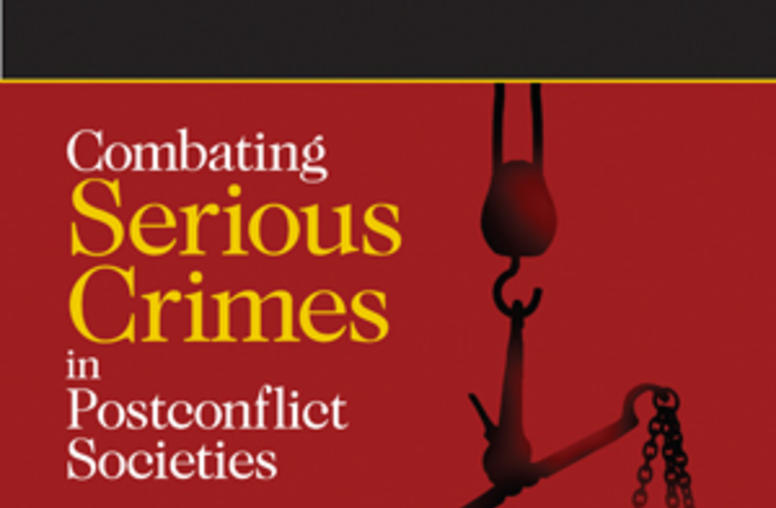
Combating Serious Crimes in Post-Conflict Societies: A Handbook for Policymakers and Practitioners
Post-conflict societies often suffer from a breakdown of law and order, resulting in varied forms of criminal activity that can have a profoundly destabilizing impact on the society. Drawing on firsthand experience in Afghanistan, Bosnia, Kosovo, Iraq, and elsewhere, Combating Serious Crimes in Post-conflict Societies: A Handbook for Policymakers and Practitioners distills practical, hard-won knowledge into guidance for policymakers and practitioners who are facing the challenge of addressing...
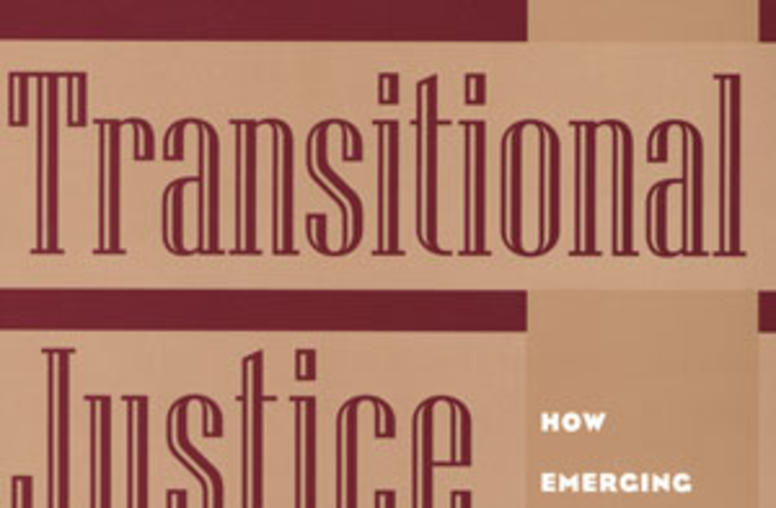
Transitional Justice: How Emerging Democracies Reckon with Former Regimes
As nations move from repression to democracy, or from war to peace, the legacy of past abuses can be a heavy burden. How can a society peacefully integrate both the personnel and the victims of the former regime? How can it achieve both justice and reconciliation? USIP helped shape the field of "transitional justice" and its three-volume collection Transitional Justice: How Emerging Democracies Reckon with Former Regimes is a path breaking resource for practitioners and policymakers grappling...
DVD: State of Fear
This one-hour documentary, supported by USIP, examines how a society recuperates from the trauma of mass violence. The trajectories of four characters linked to Peru's truth and reconciliation commission are featured in the film, which won the 2007 Overseas Press Club Award for "Best Reporting in Any Medium about Latin America."
DVDs: Genocide
USIP supported the production of two films about reconciliation after the Rwandan genocide:
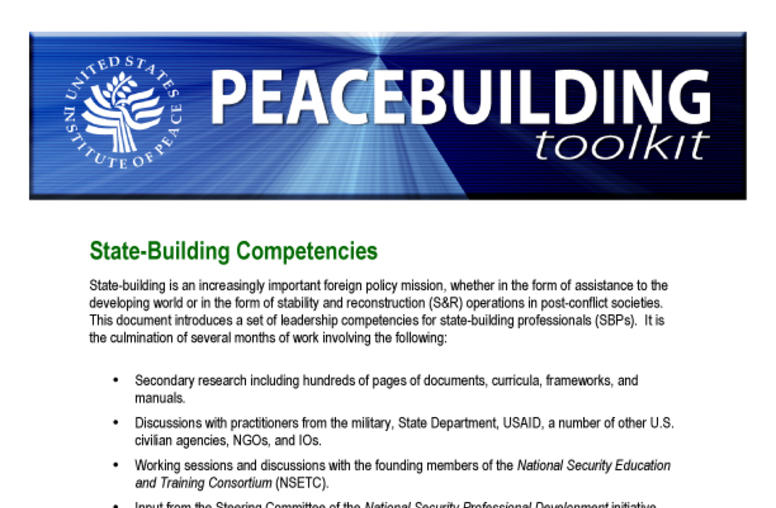
State-Building Competencies
State-building is an increasingly important foreign policy mission, whether in the form of assistance to the developing world or in the form of stability and reconstruction operations in post-conflict societies.
On the Issues: Somalia
Raymond Gilpin, Associate Vice President and director of USIP’s Sustainable Economies Center of Innovation, talked about this new development, factors fueling Somali piracy, and offers policy options to address the problem.
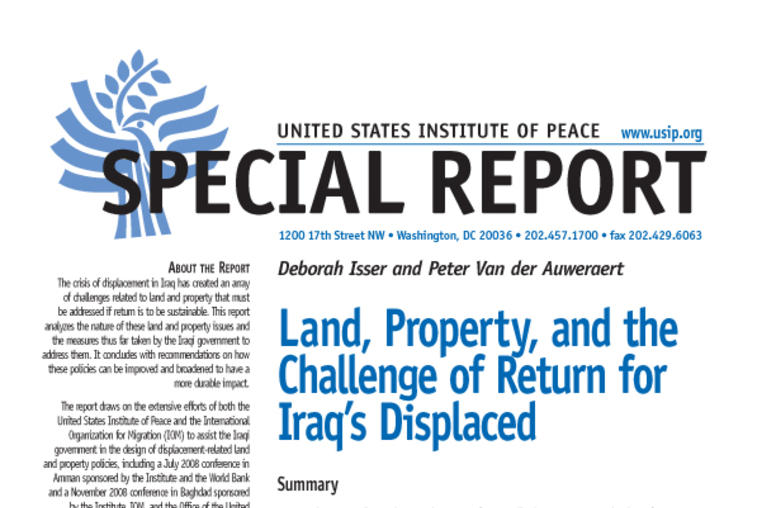
Land, Property, and the Challenge of Return for Iraq’s Displaced
Iraq today is faced with a multilayered displacement crisis that is massive in both size and complexity. It is estimated that 3.8 million Iraqis were displaced from their homes from 2003 to 2008, with the majority of them becoming displaced in 2006 and the first half of 2007
On the Issues: Iran
Daniel Brumberg, acting director of USIP's Muslim World Initiative, discusses the recent meeting between senior U.S. officials and Iranian diplomats during an international conference at the Hague on March 31. This meeting represents the Obama administration's biggest step so far to reestablish dialogue with the Islamic Republic after 30 years of hostility.
Won’t You Be My Neighbor: Syria, Iraq and the Changing Strategic Context in the Middle East
Overall, Syria has marginally benefited from the war in Iraq at both the regional and international levels. After watching the U.S. military unseat the Baathist regime next door in 2003 with unprecedented speed, it looked to many observers—including some in Damascus—as if Syria would be next in line.